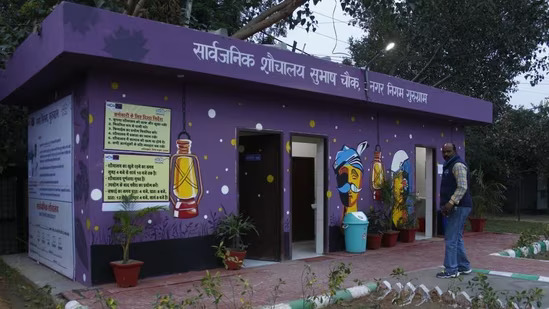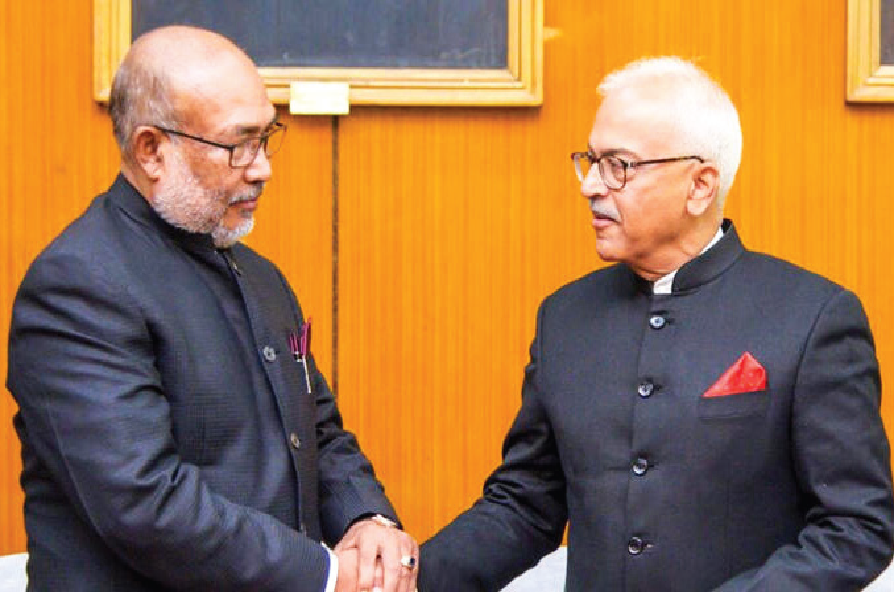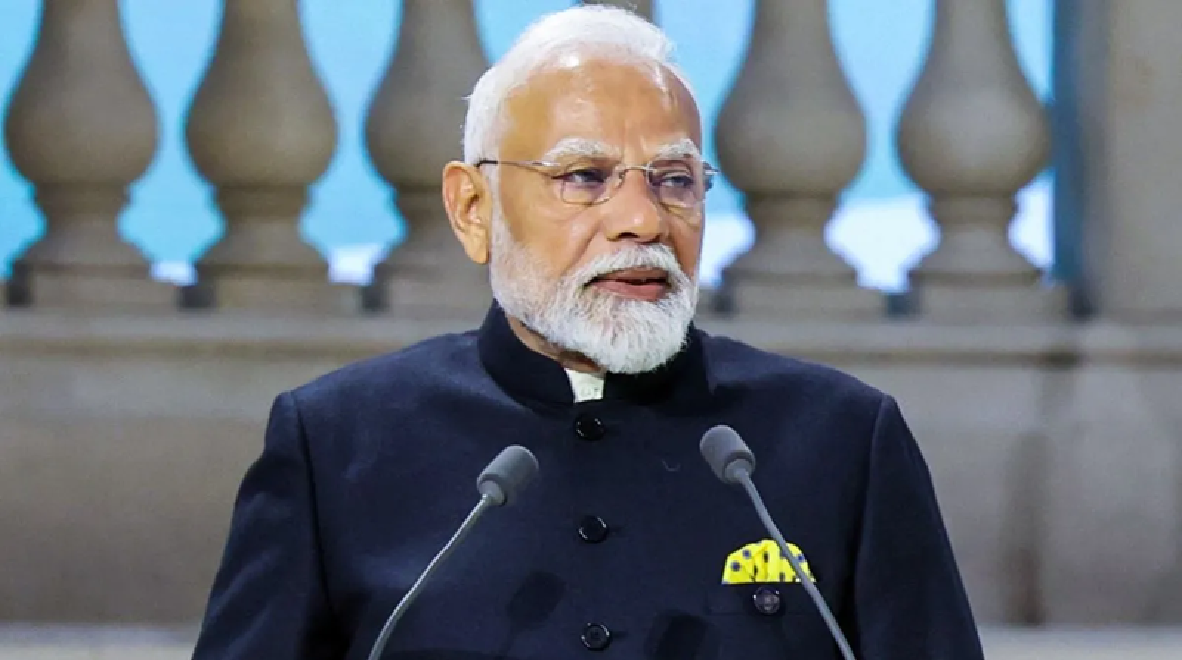
‘Swachh Bharat Mission toilets helped slash infant deaths by 60-70k a year’
Toilets constructed under the Swachh Bharat Mission — India's national cleanliness programme — may have helped avert roughly 60,000- 70,000 infant deaths every year, according to a study. A team, including researchers from the International Food Policy Research Institute, US, looked at data from nationally representative surveys covering 35 states/Union territories and over 600 districts over 20 years. The study, published in the journal Scientific Reports, investigated the link between an increase in access to toilet, built under the Swachh Bharat Mission, and drop in deaths among infants and children aged under five from 2000 to 2020.
The results suggested that on average, improving district-level toilet access by 10 percentage points corresponded to a lowering of death rates in infants by 0.9 points and those in under-5 by 1.1 points. Historically, having access to a toilet and deaths among children have been inversely related in India, the authors said. They further found that improving toilet coverage by 30 per cent and above in a district corresponded with substantial reductions in infant and children deaths. "In absolute numbers, this coefficient would scale to an estimated 60,000-70,000 infant lives annually," the authors wrote.
They said the "novel evidence" of reductions in infant and child mortality, following a comprehensive national sanitation program, potentially indicated at the transformative role of Swachh Bharat Mission. The findings are in line with evidence from global and South Asian contexts, with multiple studies, that analysed population-level data collected via surveys, indicated that improved sanitation can cut child mortality rates by 5-30 per cent, the researchers said. They added that recent studies have highlighted the broader benefits of increased access to toilets, including women's safety, financial savings because of reduced medical expenses and improved quality of life overall.
Despite the benefits, inequalities in adopting and using toilets persist owing to caste, the authors said. "Our findings add to the growing body of evidence linking national sanitation campaigns to improved child health outcomes and emphasises the need for similar interventions in other countries."
 English daily published in Bengaluru & Doha
English daily published in Bengaluru & Doha






